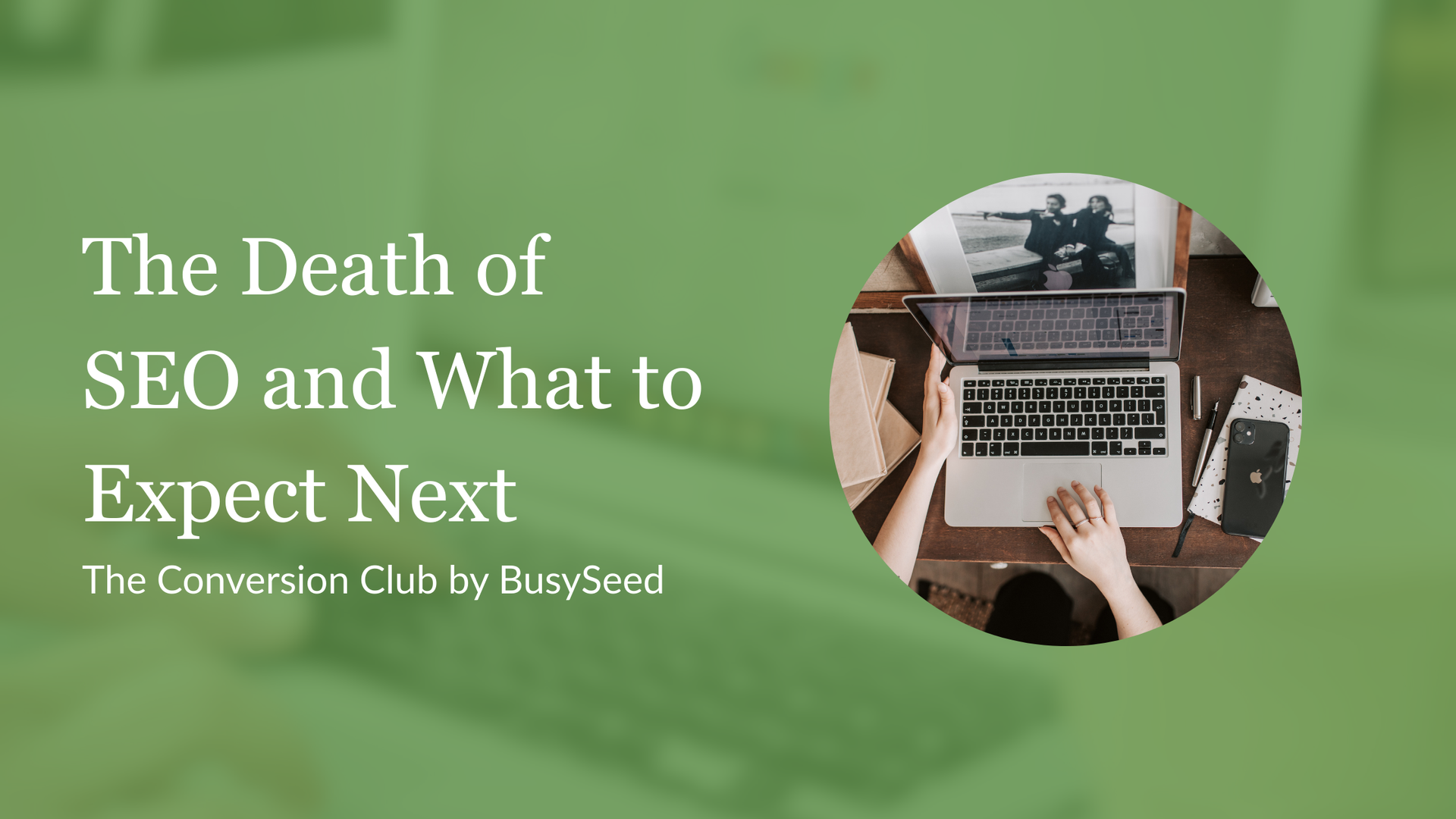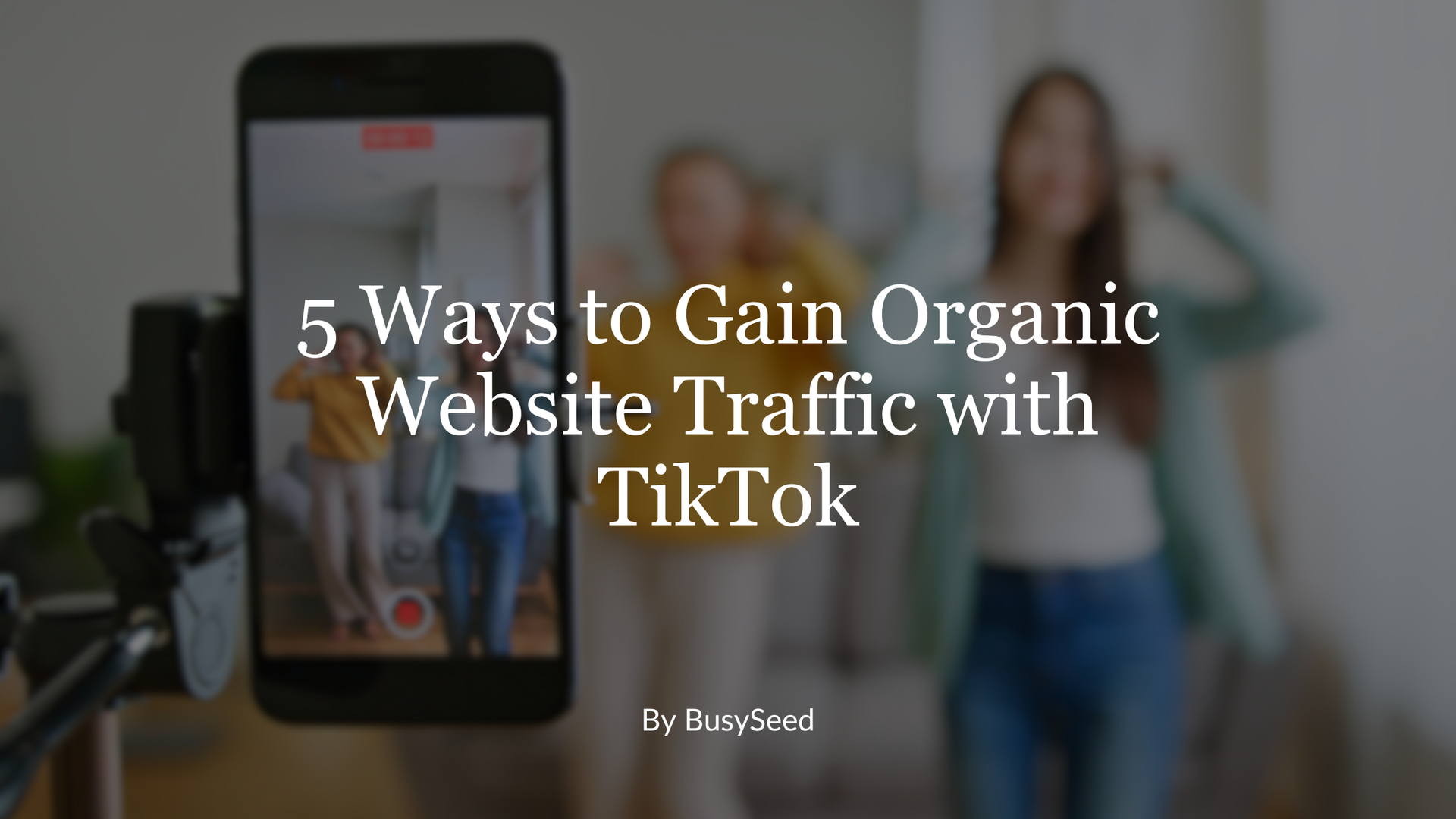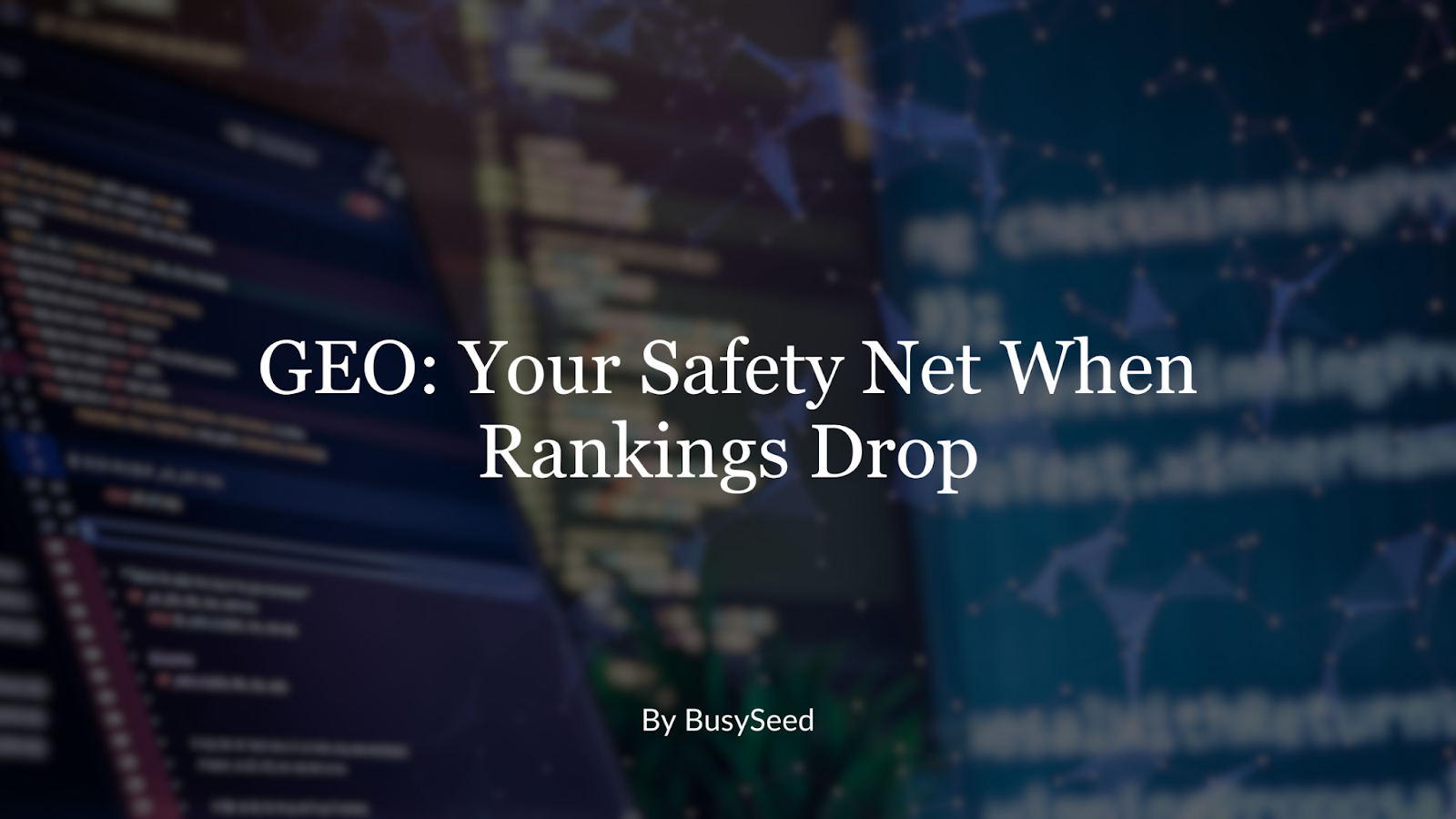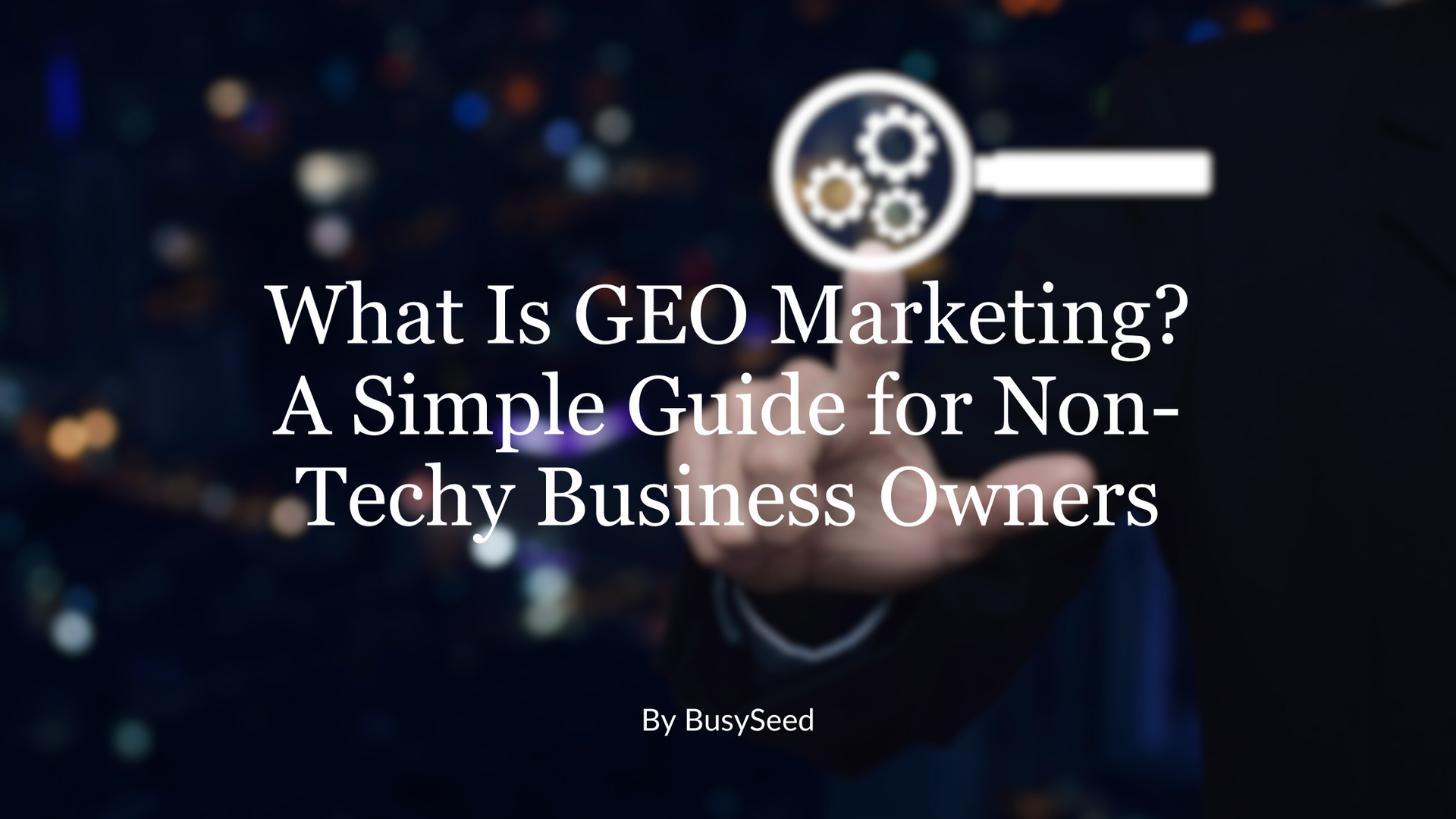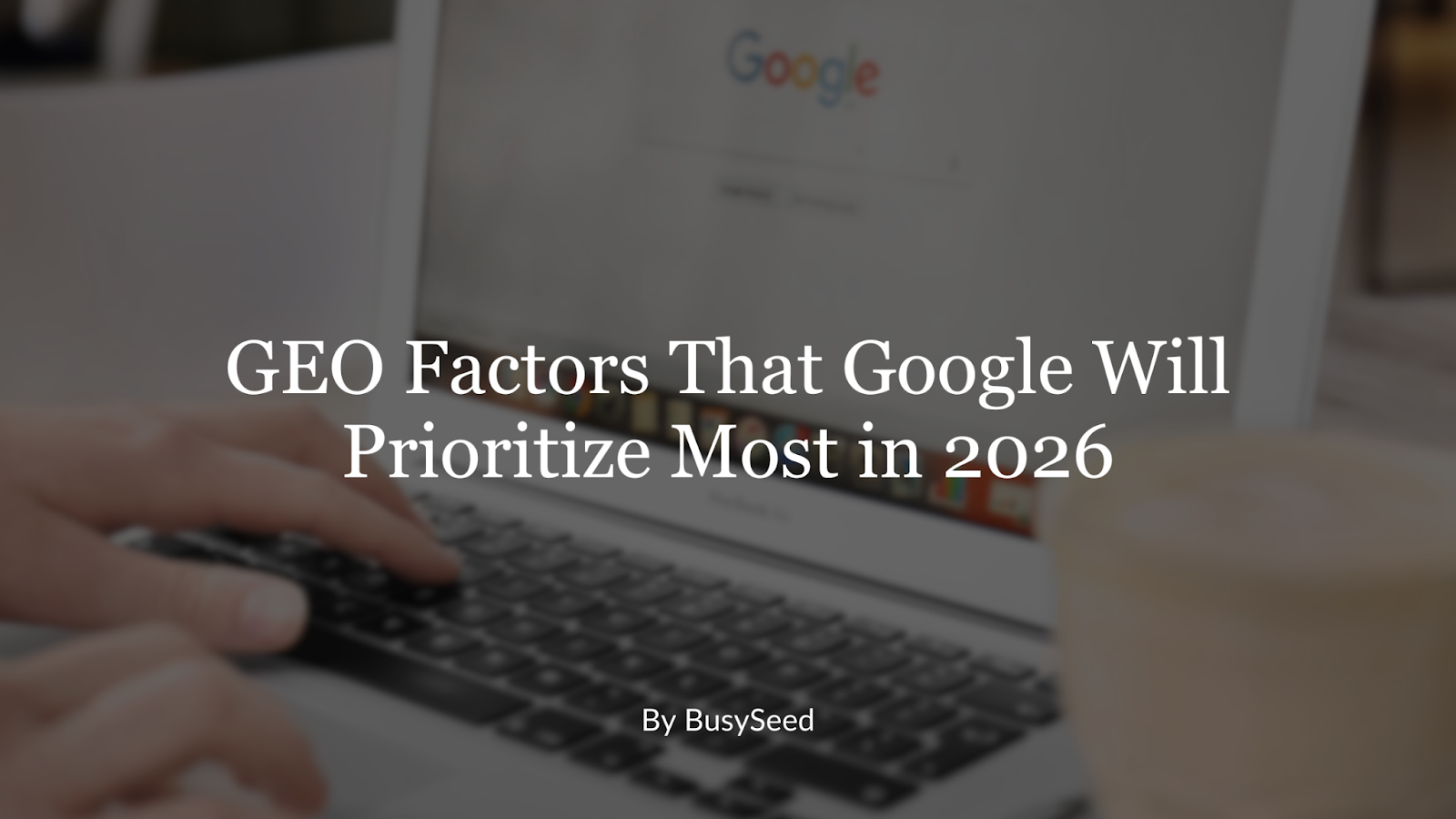The Importance of a Good Website for Business
Living in the digital world, having a website is very crucial for any business. If a business does not have a website, it is missing several business opportunities and potential customers. A business website helps in accomplishing a number of digital marketing strategies that can help a business grow. Web advertising has a wide reach and is one of the most effective forms of advertising. A website helps market a business online and helps build credibility. There are several reasons why a website is important for your business, let us look at some of the main reasons as well as what makes a good website.
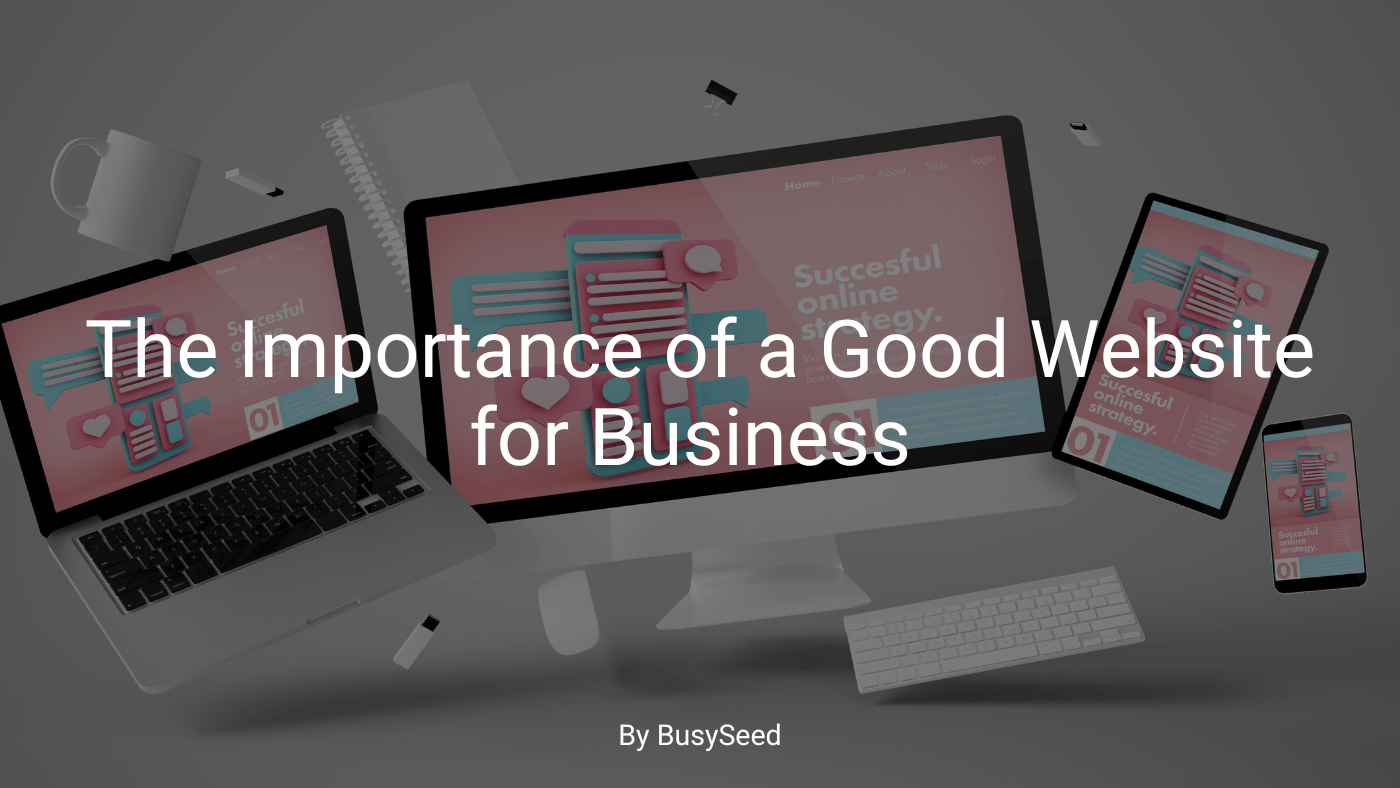
Having a great website has become necessary for almost all businesses in today's digital world. A website allows companies to do cost-effective digital advertising with a global presence. It's also a crucial tool for selling products and services and building trust. If a business does not have a website, it limits its opportunities and potentially misses out on more clients.
There are many reasons why having a website benefits your company, so let's go through some of the most important ones.
The Importance of a Good Website for Business
These days, potential customers will almost always look online before they make a purchase, so it's essential to have an online presence. A well-designed website can help build trust and credibility, providing a convenient way for customers to learn about your products or services. In addition, a website allows you to reach a wider audience than you would if you relied on brick-and-mortar stores alone.
Trust and Credibility
We've all had times when we wanted to know more about a business, but after looking it up, we either can't find a site or are taken to its Facebook page. What's the feeling when that happens? Do you trust that company? Probably not. If you're like most people, there's a good chance you kept scrolling and found a different company that provided the same services instead–a business with an actual website. Even if you're the best company in the world, you're missing out on sales if you don't have a website.
Reach a Wider Audience
With a website, businesses can sell products and services to people worldwide 24 hours a day, 7 days a week. This gives customers the flexibility to shop when it's convenient for them. Even if you offer a business number, it's essential to understand that newer generations prefer not to pick up the phone. So, expecting potential customers to dial the phone is a lousy business plan. But, what customers will do is visit a website.
Shop from Anywhere
Even if your business is a brick-and-mortar, having a website can help you create more awareness for your business and land new customers. Offering services and products online let people shop worldwide when they want and wherever they want.
Why You Should Have a Website
As of 2021, about 71% of small businesses have a website. As that number increases, a website becomes no longer an option but a necessity for any business that wants to compete in its industry.
Here are some reasons you should have a website:
You Want More Customers or Clients
If a business does not have a website, it limits its opportunities and potentially misses out on more clients. We're willing to go out on a limb and say that you want more clients and customers. With a website, businesses will create more awareness, generate more leads, or sell more products. All good things in the business world!
You Want to Do Cost-Effective Advertising
Traditional advertising like print, TV, OOH, and others are far more expensive than digital advertising alternatives (PPC, digital banners, email, social media, etc.). Not only is it more cost-effective to do digital advertising, but it's also much more scalable. You can reach the people you want to, instead of the people you hope to.
You Want to Be a Leader in Your Industry or Market
Websites are crucial in building trust with the public. If your competitors have a website and you don't, then there's a good chance you'll always be behind. Why? Because a website allows you to provide the public with company information and gives reasons why a customer would be smart to go with you instead of someone else.
If you're not the first business in the customers' minds, then you are not the industry leader.
You Want Your Business to Be Found
35% of product searches start on Google. And what does it take to show up on a Google search? A website. If you want your business to be found, it pays to make it as searchable as possible.
What Makes a Good Website
Hopefully, by now, you understand the importance of a website for your business. But that doesn't mean you get to throw any ol' design together, put a phone number and some products on it, and call it a day. You must also make sure the website is good. Why? Well, because 38% of people will stop interacting with a poorly designed site.
But, what makes a good website?
Clear Purpose, Easy-to-Navigate
Few things are more frustrating than visiting a website to get an answer to a question and being unable to find that answer. When you build your website, the purpose of the website should be clear. Also, if a user has a question, it's essential for them to be able to find the answer quickly. This is why many sites are built with Menus, About Us pages, and even an FAQ.
It Loads Quickly
Having a slow website is a kiss of death. Nearly 40% of people will stop engaging with a slow website. Sites filled with big picture files or bad coding will cause it to perform poorly. Fortunately, there are tools to help ensure your website loads quickly and offer ways of fixing it if it gets slower. You can also ensure a quality site by hiring a great company to build it for you.
Content is Well-Written, Pictures are High Quality
It will be difficult to build trust if your website is full of grammar issues, misspellings, or simply doesn't make sense. Today, people are more aware of possible scams and will hesitate to put their payment information on something they don't think is credible. Similar to the copy on the site, you want pictures that are high quality and look professionally done.
Checkout Should Be Easy
Make your products and services as easy to purchase as possible. If you offer a checkout or shopping cart on your site, you must ensure that it's accurate and easy for users to navigate.
Conclusion
Is it absolutely necessary to build a website for your business? No. But, if you're interested in growing your company, making more profit, and being a leader in your industry, then it's time to get with the times and create a website. The cost of a website may seem like a lot, but you have to look at it as an investment with serious long-term effects.
Creating a website may seem daunting, but plenty of companies out there are eager and ready to help you.
BusySeed is one of those companies. We take care of the domain, hosting, SEO, and everything else so you can focus on your business. We'll even make the website for free.
